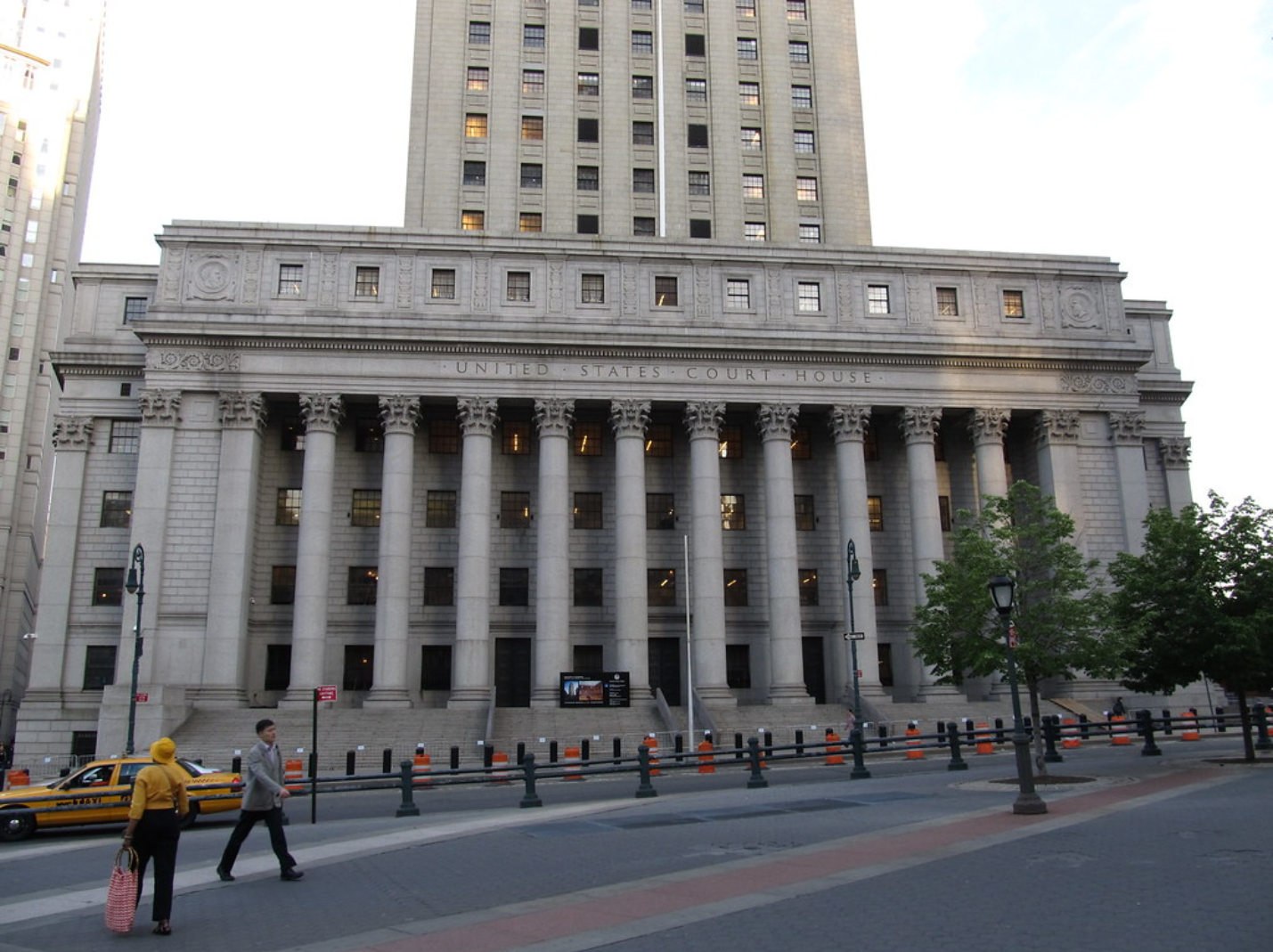
On Friday, August 1, a Federal District Court in New York gave Trump a win: Judge John P. Cronan allowed the President’s National Science Foundation Directive to remain in effect while being challenged in the court. The Directive terminates research grants for “things like misinformation and diversity, equity and inclusion,” among other subjects. Researchers were told their work “no longer effectuates program goals or Agency priorities.”
Sixteen Democrat-led states, including Hawaii, New York, California, Colorado, and Connecticut, had sued the Foundation in May, requesting that the Directive be enjoined. They argued that it harmed efforts to recruit “women, minorities and persons with disabilities in STEM” and was against Congressional intent as well as jeopardizing STEM funding overall. They also objected to the Foundation’s recently imposed cap on what are called “indirect costs” to 15 percent of the grant’s research budget. Such costs refer to things such as building maintenance, staff compensation, and custodial services. Plaintiff States said the 15 percent rate was “far below” rates negotiated in the past.
At a hearing earlier this summer, the Foundation’s lawyer, Adam Gitlin, said the Agency has the authority to fund research it deems necessary and current priorities were to “create opportunities for all Americans, everywhere,” not “preference some groups at the expense of others, or directly or indirectly exclude individuals or groups.”
Friday’s 78-page ruling upholding Trump’s Directive was based in large part on jurisdiction: “The Court concludes that it likely lacks subject matter jurisdiction over this … claim because Plaintiffs … seek monetary relief in an amount exceeding $10,000 … and the Court of Federal Claims [another court] has exclusive jurisdiction over that kind of claim.”
But Judge Cronan also noted evidence that the Foundation continues to fund projects promoting STEM as well as participation in STEM by women, minorities, and people with disabilities, saying: “This evidence powerfully undermines Plaintiffs’ argument that the priority Directive renders this class of projects categorically ineligible.”
[RELATED: Mixing Politics and Science: Lessons Learned]
The National Association of Scholars (NAS) applauds Friday’s decision.
First, as the Court noted, injunctive relief—that is, stopping a party from acting, and, in this case, stopping federal policy from taking effect— is an extraordinary form of relief that should be granted only rarely and only for very good cause. Additionally, parties requesting such dramatic relief should appear likely to prevail on the merits. Neither good cause nor likelihood of success by Plaintiff States existed here. In essence, Plaintiff states simply don’t like President Trump’s policies against diversity ideology and for limits on indirect costs. Policy differences such as these are not matters for the courts, which are supposed to handle legal disputes, not partisan disagreements.
Second, as NAS Science Director J. Scott Turner has repeatedly pointed out, indirect costs in the United States far exceed the international average. The American rates look a lot like grifting or greasing the skids of the pseudo-science industrial complex. The President’s attempts to limit indirect costs are, therefore, welcome as they check this potential abuse and put the U.S. more in line with the industry standard in other advanced nations.
Third, NAS fully supports slashing any diversity-driven programs, grants, scholarships, or research awards since NAS sees “diversity” as a euphemism for unlawful racial discrimination; phrases such as “underrepresented” and “marginalized communities” are also euphemisms. They are all attempts at end runs around the United States Supreme Court’s 2023 opinion, Students for Fair Admissions v. Harvard, which found racial preferences in college admissions both unlawful and unconstitutional.
NAS reminds readers—and judges!—of Chief Justice Roberts’s oft-quoted statement: “Eliminating racial discrimination means eliminating all of it.”
Accordingly, the President is on solid ground with his initiatives to return government, academia, and industry to merit-based operations instead of ethnic and racial favoritism.
Though Friday’s opinion did not dwell on this aspect, its support of the National Science Foundation Directive bodes well for the President and his nondiscrimination policies generally.
Visit our Minding the Science column for in-depth analysis on topics ranging from wokeism in STEM, scientific ethics, and research funding to climate science, scientific organizations, and much more.
Image: “Thurgood Marshall U.S. Courthouse (Home of the U.S. Court of Appeals for the Second Circuit and S.D.N.Y.)” by Ken Lund on Flickr
The discussion of indirect costs here is hilariously inept!
For someone not employed by an IHE, you seem to champion their cause a lot.
“Plaintiff States said the 15 percent rate was “far below” rates negotiated in the past.”
It’s a lot more than nothing, and I’d love to see Trump cancel all grants going to those states out of spite. Feminists aren’t the only ones who act entitled…